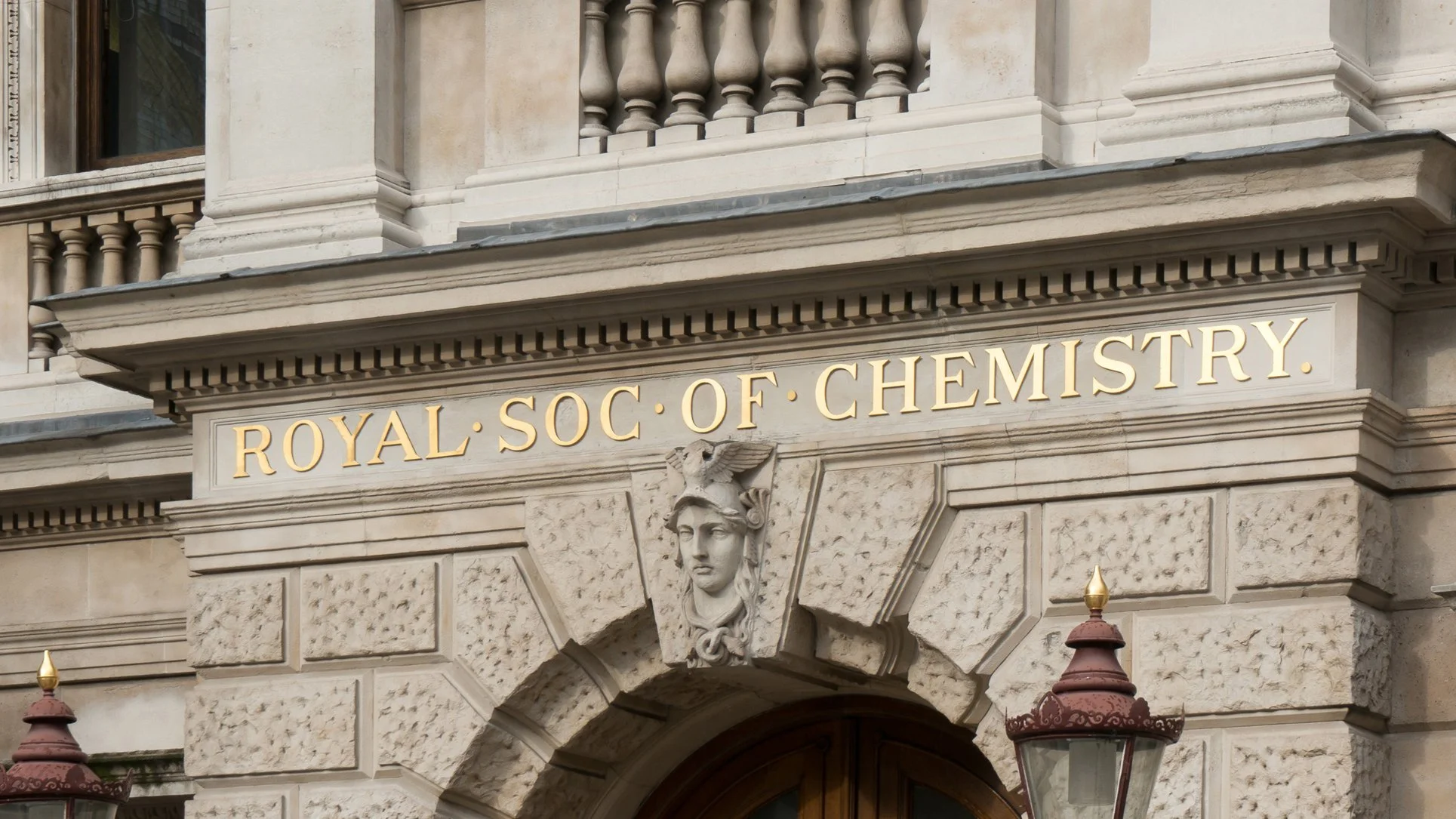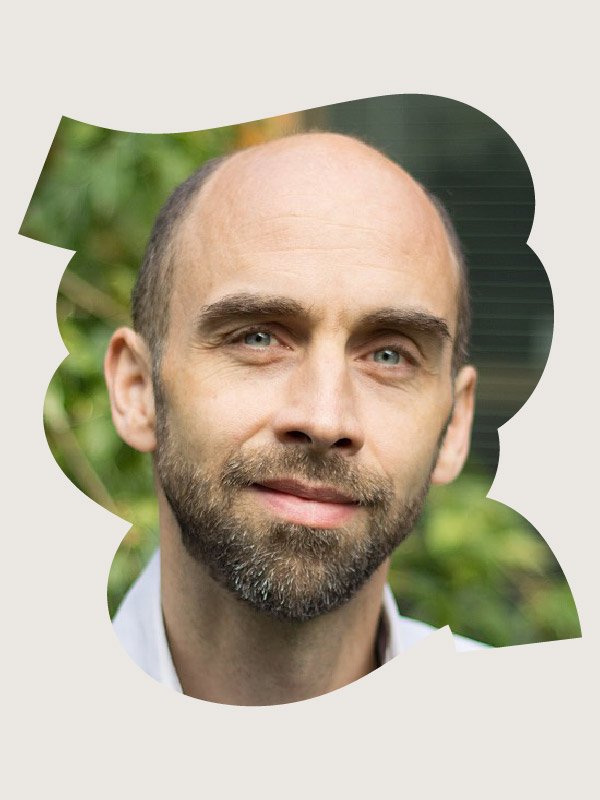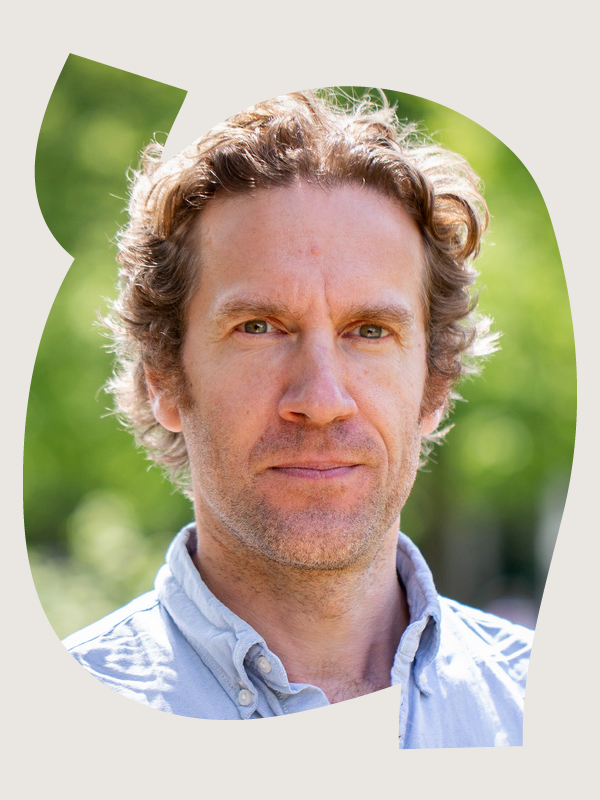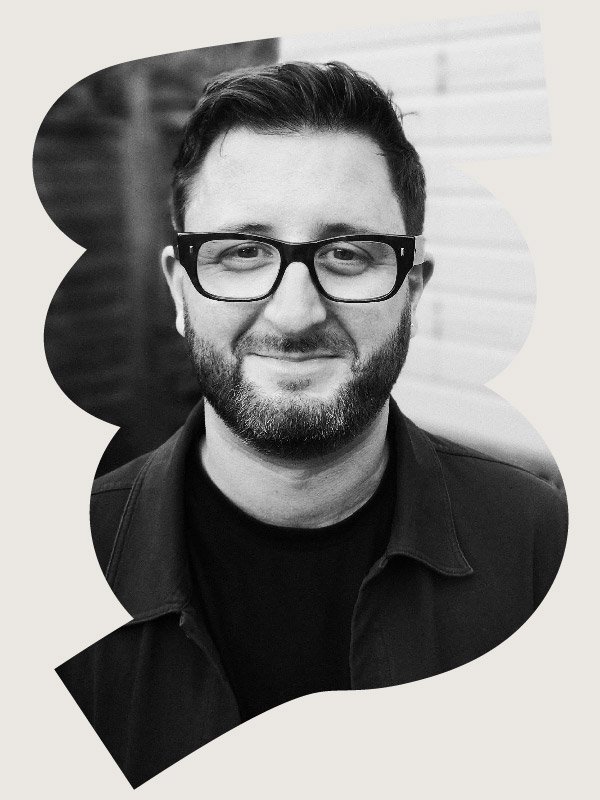Royal Society of Chemistry
What was the challenge?
The Royal Society of Chemistry is a professional body with 175 years of proudly serving the chemical sciences community, as well as a highly successful academic publisher. It caters to a diverse set of user communities including academic authors and reviewers, industrial chemists, educators and policymakers and balances a publishing operation of global scope with a UK-centric membership base.
In summer 2020, the RSC had identified the need to move beyond incremental and organic improvements of its web estate, to consider the digital needs of its customers in a far more holistic and systematic manner and to transform internal ways of collaborating and governing digital work. The RSC’s leadership recognised the need to work with an expert partner who could support them in creating the conditions for the kind of deep and lasting cultural change needed to make digital transformation succeed — for them, their customers and partners — in a complex, fast-changing and competitive environment.
How did we approach it?
Unthinkable worked with the leadership and senior management of the RSC to develop a plan for digital transformation by stepping back and considering the whole system of products and services that the organisation provides, through the lens of five critical components: content, data, people, functionality and structure / process. We conducted a highly collaborative process of interviews and workshops, combined with desk research that also reviewed key comparators and systematically analysed the strategic environment through a PESTLE analysis. Through these methods we undertook a process of discovery and ideation that built a shared vision for digital transformation and enabled the organisation to come together around it. We also worked together with colleagues at the RSC to elaborate a set of priorities and a plan for putting in place the organisational, human and technological capabilities to achieve those aims.
The team have brought a wealth of knowledge and expertise, but even more valuably, they are highly perceptive and insightful, bringing tact, sensitivity and diplomacy to their work, enabling them to get to the heart of things, to understand the nature of the organisation we are today.
Dr Amanda Spencer, Director of Technology
But our work for the RSC didn’t end with this set of recommendations. We have continued to support the organisation in a variety of ways. We’ve designed a set of aspirational customer journeys for learning and career development in the chemical sciences sector, supported RSC leadership in the development of new organisational capabilities and helped to shape approaches to a holistic content strategy across the RSC’s diverse directorates. We are currently working with the organisation to audit the progress of digital transformation and make recommendations for change.
We’ve also used our team to extend the RSC’s capacity in several key areas. We’ve led a process of widening the RSC’s thinking about identity, from a purely technology-focused project to deliver single sign-on to a strategic initiative designed to optimise the ways in which the RSC can meet the needs of its customers, members and wider user base in the UK and globally. And our design team is working with the RSC’s UX team to develop and oversee the adoption of a new visual design system.
By playing a wide variety of our services and capabilities into our work with the RSC — research, data & analysis, business strategy, design & innovation, and organisational change, we’ve been able to act as a trusted partner to the organisation across many aspects of their transformation, striking the balance between deep knowledge of the organisation and continuing to bring the freshness of an outside perspective.








